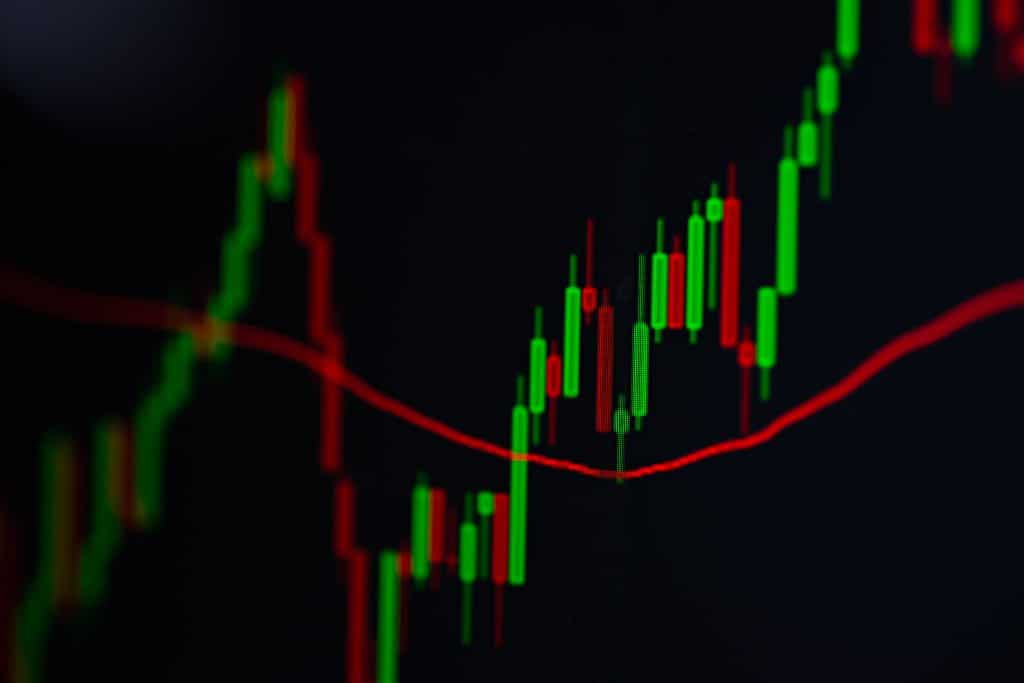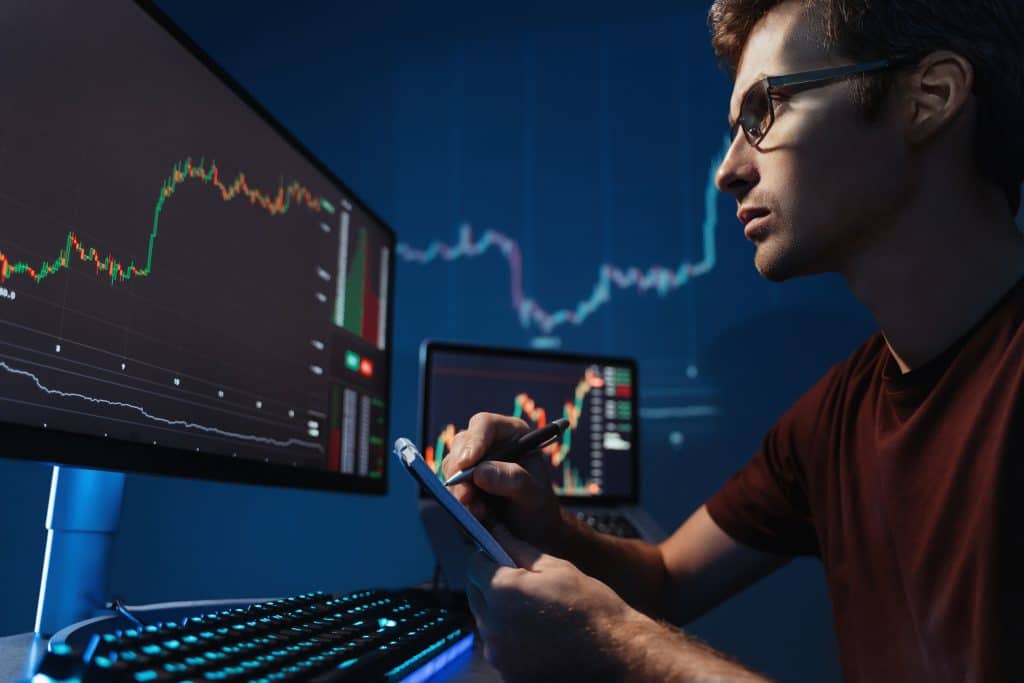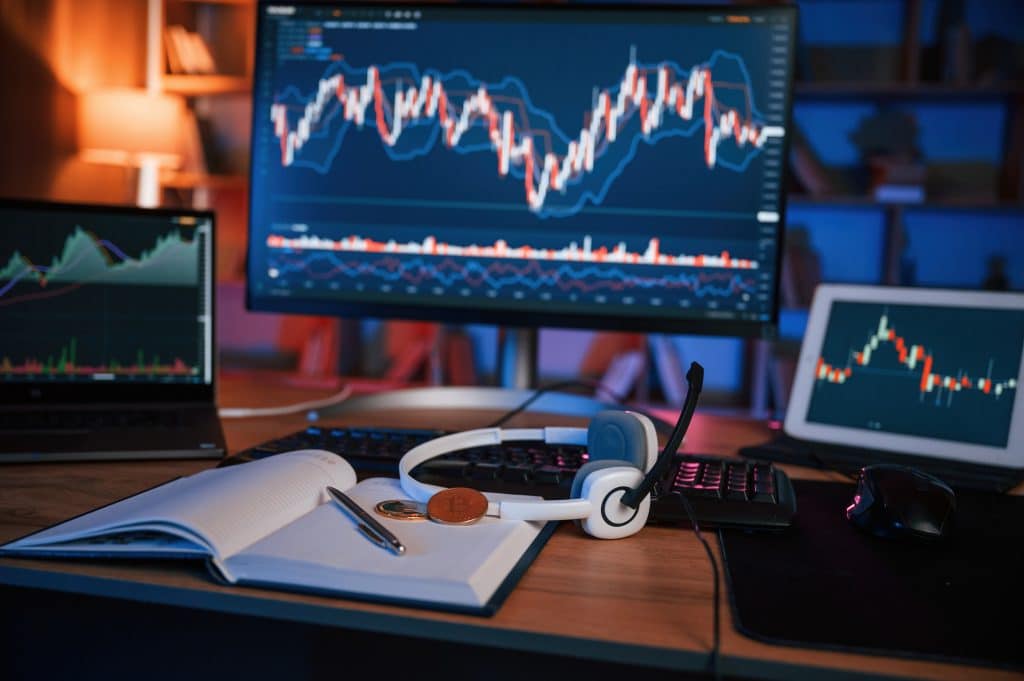The Psychology of Trading: Understanding the Mind Behind the Markets
The Psychology of Trading: Understanding the Mind Behind the Markets
Unraveling the Emotional Complexity of Trading
Trading is not merely about numbers, charts, and trends; it’s a multifaceted discipline intertwined with understanding the human mind. The psychology of trading is pivotal in how traders make decisions, influencing strategies, risk management, and ultimately, success or failure in the market.
Recognizing Emotional Patterns in Trading
1. Overconfidence:
Many traders fall into the trap of overconfidence, believing they have mastered the market. This inflated self-belief can lead to excessive risk-taking and eventual losses. Balancing confidence with humility and continuous learning is key to long-term success.
2. Fear and Greed:
These two fundamental emotions often drive trading decisions. Fear can cause premature selling, while greed can provoke holding onto a position for too long. Recognizing and controlling these emotions requires discipline, experience, and a strong trading plan.
3. Stress and Anxiety:
Trading can be a high-pressure activity, leading to stress and anxiety. Managing these emotions through mindfulness techniques and setting realistic expectations can help in maintaining a clear and focused mindset.
Strategies for Emotional Control
1. Developing a Trading Plan:
A well-thought-out trading plan sets the roadmap, reducing the impact of emotions on decisions. Knowing when to buy, sell, and set stop-losses, and sticking to this plan, allows for objective and consistent trading.
2. Continuous Learning and Reflection:
Understanding that the market is ever-changing and that continuous learning and self-reflection are vital can help cultivate a growth mindset. Keeping a trading journal to track decisions, emotions, and outcomes can be a powerful tool.
3. Seeking Professional Guidance:
Sometimes, having a mentor or coach can provide valuable insights and emotional support. They can help identify blind spots and assist in developing personalized strategies.
The Impact of Behavioral Economics
Behavioral economics provides deep insights into how psychological factors influence economic decisions. Recognizing cognitive biases like herd behavior, confirmation bias, and loss aversion can lead to more informed and rational trading decisions.
Technology and Psychology
Modern technology, such as AI-driven analytics and real-time data, provides traders with tools to minimize emotional interference. These tools can help in validating decisions, offering an extra layer of assurance.
The Balanced Trader
Understanding the psychology of trading is vital for anyone looking to succeed in the financial markets. Recognizing emotional patterns and implementing strategies to control them, leveraging technology, and embracing the principles of behavioral economics allows traders to navigate the complex world of trading with a balanced and informed approach.
Happy Trading,






